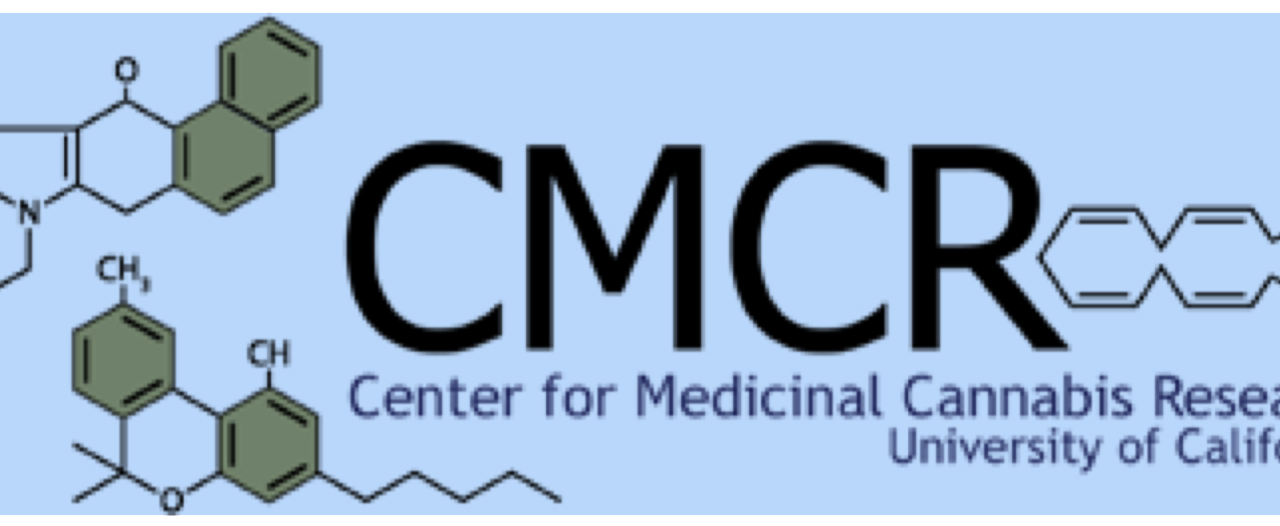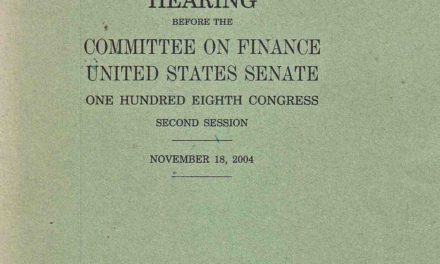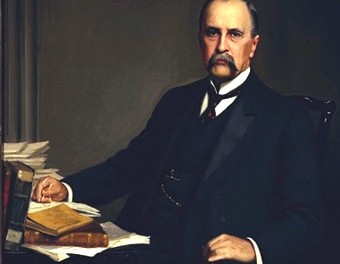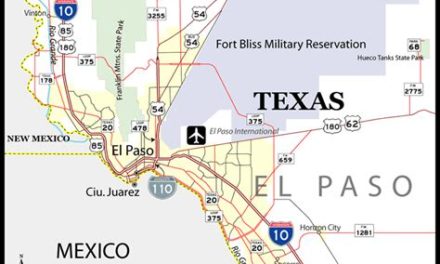UC San Diego’s Center for Medicinal Cannabis Research has awarded grants totaling $3 million to five research teams —four from UCSD and one from UCLA— to evaluate the efficacy and safety of CBD as a supplementary or alternative treatment for schizophrenia, rheumatoid arthritis, insomnia, alcohol dependence and anxiety linked to anorexia.
The grants are funded by taxes imposed on consumers by Proposition 64, the 2016 ballot measure that legalized recreational marijuana in California.
A UCSD press release issued October 10 informs us that “This year marks CMCR’s first such funding. All five grants are for proof-of-principle studies that would seek to establish the basis for future research.” The winners are:
• Effects of Cannabidiol versus Placebo as an Adjunct to Treatment in Early Psychosis
The $825,000 grant was awarded to Kristin Cadenhead, MD, professor of psychiatry at UC San Diego School of Medicine, and colleagues, who will explore whether medical cannabis could serve as an alternative treatment for patients facing early psychosis, a time when traditional treatments, such as antipsychotic medications, are moderately effective but produce debilitating side effects.
• Therapeutic Response of Cannabidiol in Rheumatoid Arthritis
The $825,000 grant was awarded to Veena Ranganath, MD, a rheumatologist at UCLA Medical Center. Ranganath’s research focuses on CBD’s use an anti-inflammatory agent, an application she hopes to exploit in treating rheumatoid arthritis, a chronic autoimmune condition that affects an estimated 1.5 million persons in the United States.
• Cannabidol for Sedative/Hypnotic-sparing Management of Insomnia in Adults
The $825,000 grant was awarded to Mariana Cherner, PhD, professor of psychiatry at UC San Diego School of Medicine, and colleagues, who will investigate whether CBD might be a viable alternative for sleeping pills among patients with chronic sleep disorders.
• Cannabidiol as a Strategy to Treat Alcohol Dependence
The $300,000 grant was awarded to Giordano de Guglielmo, PhD, assistant adjunct professor in the UC San Diego Skaggs School of Pharmacy and Pharmaceutical Sciences, and colleagues. This study is the only one of the five using an animal model. It will look at the role CBD might play in reducing alcohol cravings and withdrawal syndromes among alcohol-addicted rats, with findings perhaps applicable to future human research.
• The Role of Cannabidiol in Regulating Meal Time Anxiety in Anorexia Nervosa
The $300,000 grant was awarded to Emily Gray, MD, associate clinical professor of psychology at UC San Diego School of Medicine, and colleagues, who will explore whether CBD can help reduce a core symptom of anorexia — anxiety about food — and whether or not that reduction helps patients also reduce their food aversions overall.
A second round of CMCR grants is scheduled for 2020.
The AUMA tax money is allocated as follows, according to Drug Policy Action, a Soros-funded NGO that backed the measure:
- The California Bureau of Marijuana Control and other state bodies involved in implementation that are not covered by licensing fees or other specific revenue allocations of AUMA will receive funds for “reasonable costs.”
- $10 million/year goes to a public university in California for research related to legalization (a boon to academics and helping professionals).
- $3/year million to the California Highway Patrol for five years to establish DUI protocols;
- $2 million/year to be distributed to the Center for Medicinal Cannabis Research.
- $10 million—increasing annually by $10 million for 5 years until it peaks at $50 million— to “community reinvestment for those disproportionately harmed by the war on drugs.” (Meaning the money goes to bureaucrats to allocate.)
60% of the remaining funds will go toward youth drug prevention, education and treatment
After California voters legalized the medical use of marijuana by passing Proposition 215 in 1996, Assemblyman John Vasconcellos pushed a funding bill through the state legislature to create the CMCR. Although the medical marijuana movement was centered in San Francisco and UCSF had Dr. Donald Abrams and other faculty doing research in the field, Vasco specified that CMCR be located at UC San Diego as a personal favor to a close friend from high school. (This is how things really work!)
Tod Mikuriya, MD, had urged that CMCR-funded studies be conducted with California cannabis that patients were using in real time. Why go begging to the feds, he asked? Prop 215 had been a stunning rebuke to the federal government. But the CMCR kowtowed to federal law by insisting that researchers apply for NIDAwanna to use in their studies instead of contracting with California cultivators. And that is their policy to this cbday. —Fred Gardner





